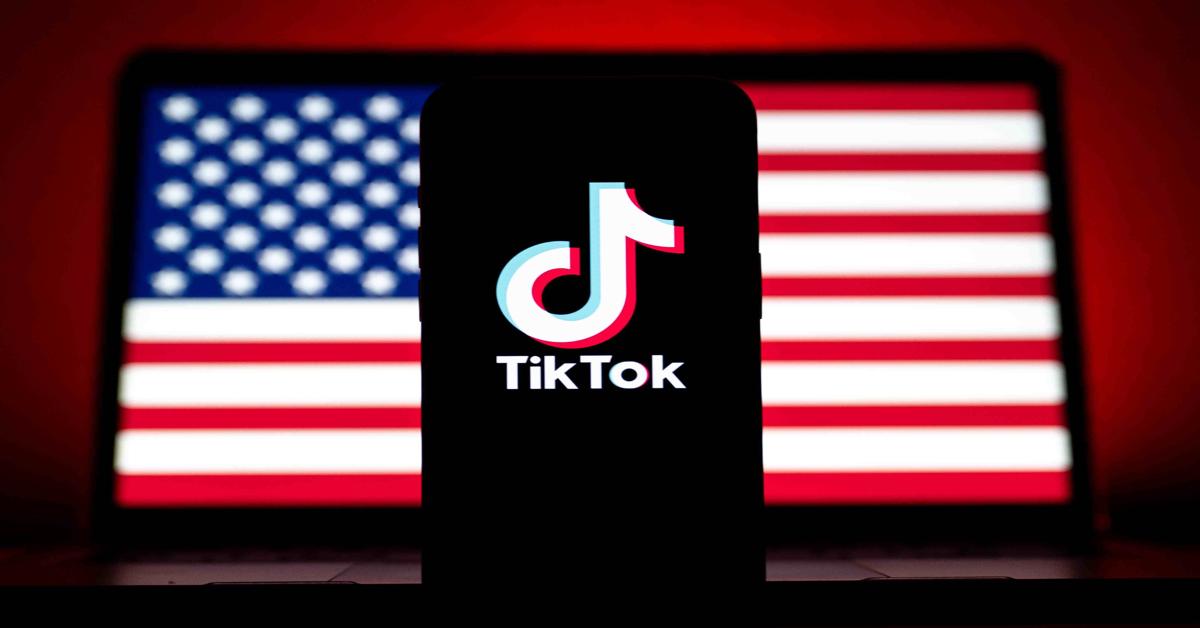
A recent bill in the US Congress targeting TikTok has reignited debates over the app's safety and potential risks
China has strongly criticized a bill advancing through the U.S. Congress that could ban TikTok in the United States.
This latest development fuels a longstanding dispute over safety concerns surrounding the popular app, owned by the Chinese company ByteDance.
Over the years, officials, politicians, and security experts in many Western countries have expressed reservations about TikTok, with some banning its installation on government devices.
One of the primary concerns regarding TikTok is its data collection practices. Critics often accuse the app of harvesting extensive user data, raising privacy and security issues.
A cybersecurity report published by researchers at Internet 2.0 highlighted what they deemed "excessive data harvesting" by TikTok, citing details such as location tracking, device information, and app usage.
However, TikTok maintains that its data collection practices align with industry standards and that it collects similar types of data as other social media platforms.
Another major worry surrounding TikTok is the possibility of the Chinese government using the app for espionage purposes.
While TikTok insists that it operates independently from the Chinese government and has not provided user data upon request, concerns remain about Beijing's potential access to sensitive information through the app. China's National Intelligence Law, which mandates organizations and citizens cooperate with the country's intelligence efforts, compounds this issue.
Moreover, there are fears that TikTok could be a tool for spreading propaganda and misinformation. Critics argue that the app's recommendation algorithm could be manipulated to influence public opinion, raising concerns about its impact on democracy and national security.
Although TikTok has implemented community guidelines to combat misinformation, doubts persist about its ability to prevent coordinated disinformation campaigns.
Despite these concerns, TikTok has gained widespread popularity globally, particularly among younger demographics. Its unique blend of short-form video content has captivated users worldwide, making it one of the most downloaded apps in recent years.
However, the ongoing debate surrounding its safety and security underscores the complex relationship between technology, national security, and individual privacy in the digital age.
Source: Newsroom
#haber#